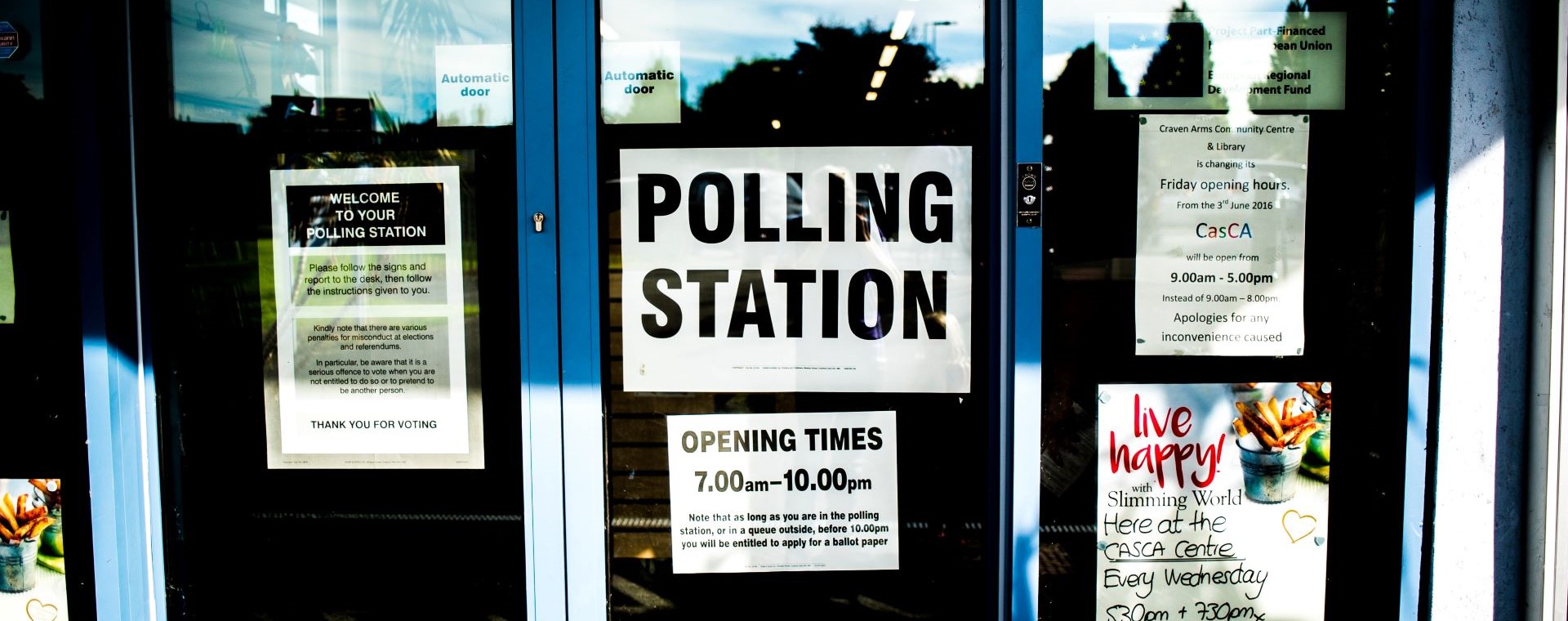
Everyone wants to know two main things after any set of local elections: has it been a good or bad night for [x] party, and what does this mean for the next General Election?
Let’s start with the former. My assessment is that this has been a bad set of local election results for the Conservatives. Some projections see them losing over 1,000 councillors, which would have been at the top-end of their “worst-case scenario” assessments heading into polling day; their Projected National Share (PNS) is not quite its record low of 25% in 2013, but at 26% is not much better; and the PNS gap between the Conservatives and Labour is the largest since the Conservatives have been in government.
This is a party that, despite something of an opinion polling recovery under Rishi Sunak, is 13pts behind Labour in Savanta’s most recent polling, has been around 16pts behind in many ‘poll of polls’, and Conservative commentators and ministers have spent most of today tripping over themselves trying to understand why they’ve managed to have even worse local elections results than they first feared. The recent narrative of a recovery is all well and good, but if your recovery is in its early days, and you’re recovering from a very low starting point, it’s difficult to see how things could have been much better for the Conservatives in this round of elections.
Labour would, therefore, be first in line to take advantage, and the big debate today among pollsters, academics, and commentators, is to what extent they have done so. Labour have won some key councils in Plymouth, Swindon, Medway and parts of the Red Wall, like Stoke and North East Derbyshire, where winning here again at an election will be crucial for the party in order to end up in government.
But their Projected National Share stands at 35%, which is exactly where it stood at the local elections this time last year – except this time last year, they had a significantly smaller national opinion poll lead (Savanta’s Labour lead was just 6pts going into last year’s locals). There’s a sense from some today, therefore, that in this year’s local government elections, Labour have failed to capitalise on the Conservative chaos under Johnson and Truss, and have instead plateaued, not making the progress they would need to win a majority at the next General Election.
Projected National Share (PNS) is not a prediction of how a party will do at a General Election, however. Because, at local government elections, not every council holds elections every year (and those that do, often only have 1/3 of their seats up for election), PNS is an attempt to calculate how the country would have voted if every council seat was up for grabs. Despite the excellent modelling that goes into PNS (and its cousin, National Equivalent Vote (NEV), which is calculated by a different set of academics), the data that goes into this year has, of course, only come from those places that have voted. The elections in England this year did not include many metropolitan boroughs, did not include London, and was predominantly shire councils where Labour tend not to do as well. While PNS does account for that in terms of its modelling, it does mean it can be unwise to read too much into PNS when trying to work out how these local elections will translate into a General Election.
We also know that voters think differently at local elections. They’re more likely (although less likely than they tell pollsters) to vote along local lines about issues that matter where they live, rather than which leader they’d rather be Prime Minister. They’re more likely to vote for minor parties as a protest. There are more independents or residents association candidates that the electorate have heard of. And the turnout in each ward is generally much lower than constituencies at a General Election.
This plays into the hands of the Liberal Democrats, the Green Party, and others. It’s no surprise to see the Lib Dems at 20% in the PNS; ‘Others’ are also on 19%, with the Greens making up a fair portion of that. This will not happen at a General Election, barring some gargantuan and unforeseen shift in our politics. Yes, these results can give parties, especially the Liberal Democrats, some momentum in target seats ahead of the next election, but in my view they do little more than that. The Lib Dems have had a great night, and they’ll be pleased to have made in-roads into re-establishing their local government base, but they’re still polling at 9% nationally and could still end up with fewer MPs than a beleaguered Scottish National Party come the next election.
Talk of these results also pointing to a narrow Labour victory at a General Election also seem premature. I can certainly see how Labour may end up only squeaking to a Commons majority, but at this stage neither national opinion polling, nor this set of local election results tells me it’d happen if a General Election were tomorrow. I’d say it could happen if many things go right for the Conservatives over the next 12-18 months – primarily the economy improving, but also just some tangible action on the things they-talk-about-but-don’t-actually-matter-that-much-to-most-voters like small boats would help – but we’re not there yet, and we don’t feel that close.
But the most important factor at play here, beyond all of the maths and the councils and the PNS and the Red Wall and all that is, sorry to say it, but vibes. The country tells us repeatedly in opinion polls that they’re just not feeling the Conservatives anymore. The brand is too damaged after Johnson/Truss, they’ve had 13 years of Tory government and they’re feeling an economic pinch more than 2008 under Labour, the current Labour leader doesn’t put them off anywhere near as much as Corbyn or Ed Miliband, and they’re just fatigued. Fatigued of the Conservative Party. Rishi Sunak might poll okay personally, and I still think he could turn it around, but he has done little to repair the Conservative brand. This set of local election results tell me that there’s very little he can do, in the time he has before the next election, to repair it enough to stop a Labour government.




